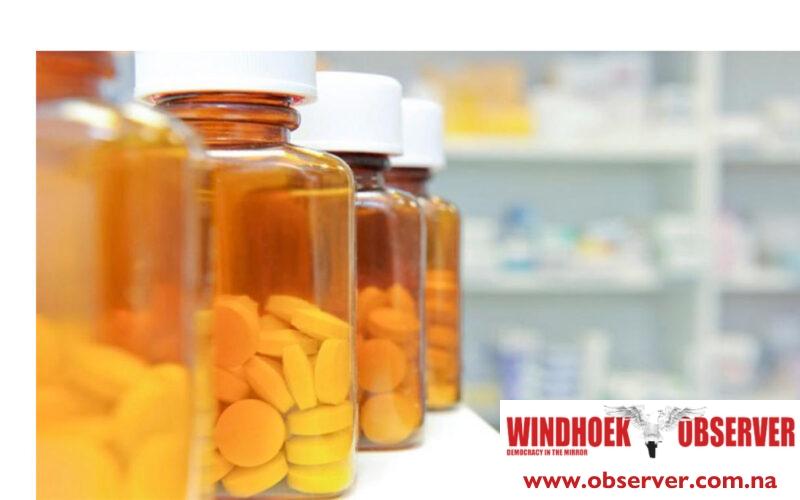Hertta-Maria Amutenja
The finance ministry is reviewing the list of zero-rated and exempt goods and services under the Value-Added Tax (VAT) Act, including healthcare items.
This comes as calls grow from health advocates and the public for the removal of VAT and import duties on life-saving medication, especially for those who rely on private pharmacies due to stockouts in public hospitals.
“The Ministry is currently reviewing the list of zero-rated and exempt goods and services under the VAT Act, including those related to healthcare. Any policy changes resulting from this review will be announced in accordance with the Fiscal Calendar, either during the Mid-Year Budget Review or in the next National Budget,” said ministry spokesperson Wilson Shikoto.
Currently, medical services are exempt from VAT, but medicines remain taxable.
However, although healthcare services may be exempt from VAT, the importation and supply of goods related to the industry remain subject to the standard VAT rate of 15%.
The ministry said this is to maintain a stable revenue base that supports public health services.
“Healthcare services are exempt to ensure that accessing medical care remains affordable for the population. Medication, however, remains taxable to maintain a stable revenue base needed to support the delivery of public health services,” said Shikoto.
The ministry warned that removing VAT on chronic medication might not lower prices for patients.
“In many cases, the financial benefits are retained by suppliers. At the same time, the government loses critical revenue that funds essential public services,” the ministry said.
Patients and activists have called for the removal of VAT and import duties on chronic medication, saying out-of-pocket payments at private pharmacies are unaffordable for those without medical aid.
The ministry said it is aware of affordability concerns and is considering them as part of the VAT review. However, it added that high prices are not caused by VAT alone.
“Factors such as supply chain mark-ups, lack of local manufacturing, and high import costs significantly contribute to pricing. Addressing affordability requires a combination of tax policy, market regulation, and supply chain improvements,” said Shikoto.
Asked how much revenue comes from VAT on chronic medication, the ministry said VAT contributes about N$21 billion a year, making up around 25.6% of total tax revenue under the Medium-Term Expenditure Framework.
“Exempting chronic medication from VAT would reduce this revenue, potentially affecting funding for essential services,” he said.




